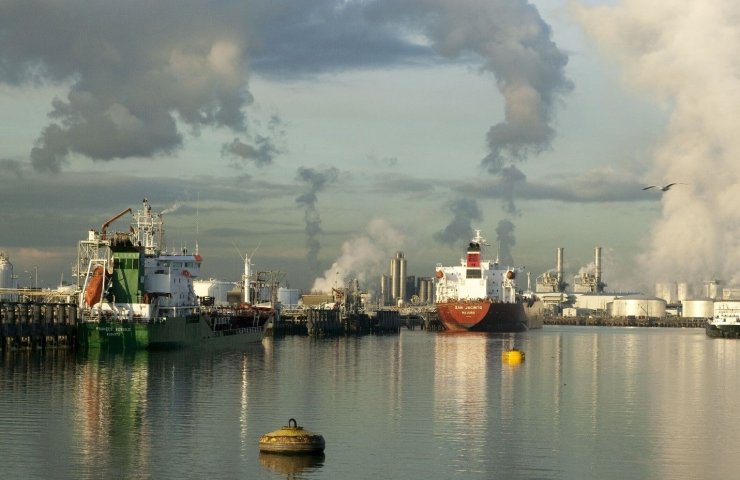Emissions of sulfur dioxide (SOx) from marine internal combustion engines cause acid rain and form fine dust, which can lead to respiratory and cardiovascular diseases, as well as reduced life expectancy, warn the European Commission. To prevent air pollution the Commission decided to limit the maximum sulphur content in fuels for marine transportation decreased from 3.5% to 0.5% from 1 January 2020.
"We welcome the standards with low sulfur content throughout the world in the areas of emission control to more residents of coastal zones, the EU could breathe clean air," says Commissioner for the environment, oceans and fisheries of Virginijus Sinkevicius.
the Court has traditionally used the oil for the thrust, which can have a sulphur content up to 3.50%. For comparison, the sulfur content of the fuel used in trucks or passenger cars must not exceed 0.001 per cent.
Since 2012 the EU has taken decisive action to reduce the sulphur content of marine fuels by adopting the "Directive on sulphur". In 2016, the international Maritime organization (IMO) has kept the year 2020 as the date of entry into force of the global limit of sulphur content in fuel of 0.5%.
European green deal, the President of the Commission, and Ursula von der Leyen in December 2019, provides for further action to improve the sustainability of shipping, including the extension of emissions trading in Europe in the Maritime sector.




